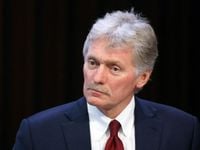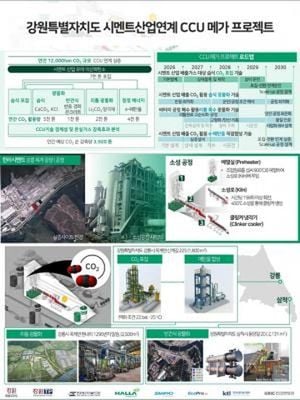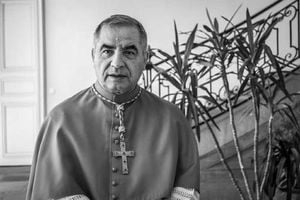On Monday, April 28, 2025, the Kremlin announced a unilateral three-day ceasefire in Ukraine, slated to occur from May 8 through May 10, coinciding with Russia’s Victory Day holiday. The Kremlin urged Kyiv to "follow this example," while also warning of retaliation if the ceasefire is broken. However, Ukrainian President Volodymyr Zelensky dismissed the announcement as a mere political maneuver, accusing Russian President Vladimir Putin of seeking a quiet period for his parade rather than a genuine end to the ongoing conflict.
Zelensky countered the Kremlin's offer with a proposal for an immediate ceasefire, stating, "There’s no reason to wait." He emphasized that if Russia truly wanted peace, it could stop firing immediately. Zelensky also called for an unconditional 30-day ceasefire, although he did not clarify whether Ukrainian forces would adhere to Putin’s proposed truce if Moscow did not commit to a longer halt in hostilities.
In response to Ukraine’s skepticism, Kremlin spokesman Dmitry Peskov accused Kyiv of avoiding a direct answer and claimed that it was Ukraine—not Russia—blocking peace efforts. Peskov stated, "Manipulation is refusing to give a direct answer to President Putin’s initiative. It’s more than just manipulation." He indicated that a 30-day ceasefire could be possible, depending on "the very nuances President Putin spoke about." This statement harkens back to March, when Putin had signaled conditional agreement to a 30-day ceasefire proposed by U.S. President Donald Trump, citing several concerns about how the truce would be enforced.
On Tuesday, April 29, 2025, the Kremlin officially rejected Ukraine’s proposal to extend the three-day ceasefire to 30 days. Peskov confirmed that Moscow had reviewed Zelensky’s offer but stated it would be "difficult to enter into a long-term ceasefire" without addressing a number of unresolved questions. Zelensky had branded Putin’s unilateral truce as an "attempt at manipulation," questioning why Moscow would not agree to an immediate 30-day ceasefire.
As tensions continued to rise, U.S. President Donald Trump, on April 27, urged Putin to "stop shooting" and to sign an agreement to end the conflict. The U.S. has been increasingly impatient with stalled negotiations, with Trump expressing concerns that Putin was merely stalling for time.
In the midst of these diplomatic exchanges, both Russian and Ukrainian forces engaged in numerous drone attacks on Tuesday. One significant assault targeted Kharkiv, Ukraine’s second-largest city, injuring at least ten people and causing a series of explosions. Mayor Ihor Terekhov reported that a drone struck a private house in the Saltyvskyi district, while another drone landed near a medical facility.
Additionally, Russian forces launched a mass drone attack on the southeastern city of Dnipro, resulting in one fatality and triggering fires. Earlier, another Russian strike in the Dnipropetrovsk region killed a 12-year-old girl and injured three others, including a six-year-old. The Ukrainian air force reported that Russia had launched a total of 100 drones at Ukraine between late Monday and early Tuesday, a stark reminder of the ongoing violence.
In a report from Al Jazeera, it was noted that civilians in Russian border communities have faced regular attacks throughout the conflict. In Belgorod, which borders Ukraine, Governor Vyacheslav Gladkov reported that an enemy drone had deliberately struck a moving vehicle, killing two individuals.
The situation remains dire, with both sides accusing each other of manipulation and failing to engage in genuine peace talks. As the world watches closely, the prospect of a lasting ceasefire hangs in the balance, overshadowed by ongoing violence and political posturing.
In conclusion, the complex dynamics of the conflict are underscored by the stark differences in how each side perceives the proposed ceasefires. While the Kremlin insists on conditions and nuances, Ukraine calls for an immediate and unconditional halt to hostilities. As the ceasefire dates approach, the international community remains hopeful yet skeptical about the potential for peace.




